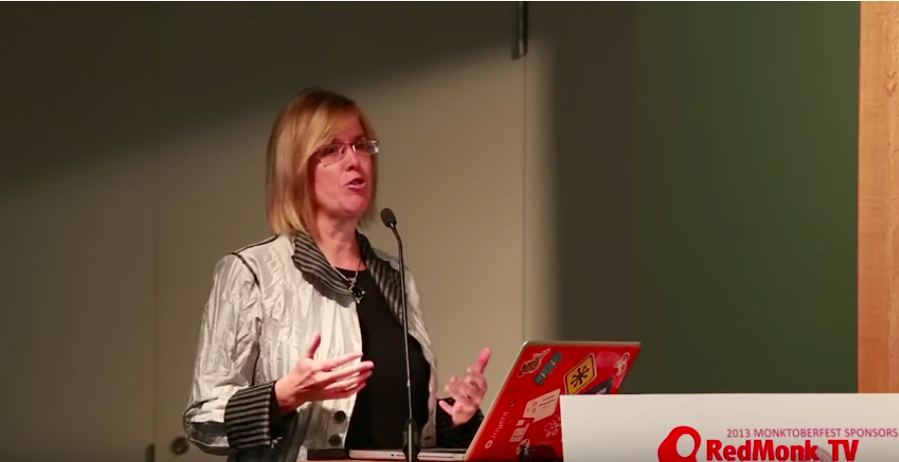Part 2: Egregiously Awful Executives
also see: Part 1: Malignant Managers
In larger companies, I never got far enough up the corporate ladder to have much direct contact with executives, but there was plenty to be observed from lower down the chain.
Empire Building
Many, perhaps most, managers and execs are empire builders: their priority is to grow the organization they manage, presumably so that on their next job they can get paid even more and boss even more people. It’s a power trip that has nothing to do with productivity. They often don’t care whether their teams are even qualified for the jobs they are hired for, nor do they hold these teams accountable when they fail to do any work at all. Their main criteria is to hire people who will support them in their own upward climb. They also want to see their people, whether or not in-person contact brings any value to the team’s work. Being able to gaze out over their peons is its own reward for empire builders – hence the popularity among bosses of return-to-work mandates.
Corporate Snobs
Empire builders also tend to be corporate snobs. I’ve run into a VP who could barely give the time of day, let alone a polite hearing, to anyone outside his org who wasn’t also at least a VP. He probably also kissed the asses above him, though I did not have the opportunity to personally observe that behavior.
I have zero patience with hierarchical attitudes. I am willing to learn from the lowest people on the totem pole; they often see more. I have often been that person low in the hierarchy, but I’ve always been fearless about taking my observations to the top. This has not made me popular.
Hiring and Keeping Incompetent Friends
Some organizations remain filled with incompetent and inert people because execs refuse to fire their friends. Sun Microsystems was like this. Soon after I joined in 2008, I learned that an old schoolmate was also at Sun because the company he worked for, where he had been a top salesman, had been acquired by Sun. He ranted to me about how awful Sun’s internal systems were – Sun software engineers thought they could just whip up sales management etc. software: “Why should we pay anyone else for this? We’re engineers!” They were spectacularly wrong about their skills outside their own realms of expertise; their home-brewed tools made the sales teams’ (and others’) jobs much harder. But those systems couldn’t be changed because various egos were so invested in their own brilliance.
My friend also ranted that many of the Sun people he dealt with were simply not good at their jobs and should have been let go. But they were “friends of Scott [McNealy, the former CEO]” and Scott hated firing his buddies.
No Bad News
A prevailing attitude in unhealthy companies is that no bad news shall be given to the bosses. This happens when employees have learned that their execs are inclined to shoot the messenger. Execs therefore fail to learn key negative information until a situation has turned into a disaster for the company.
Related to this is that everyone is always trying to look good to upper management. Presentations are concocted to make projects look like big successes that were actually quite the opposite – and execs fall for it, because they want to believe that everything the company touches turns to gold. Empire-building bosses can’t admit failure lest they lose parts of their fiefdoms. Lather, rinse, repeat – the same mistakes happen year after year because no one will admit that changes needed to be made or people needed to be fired. [cough cough: the AWS re:Invent catalog, which changed every year without ever solving the problems attendees were actually complaining about.]
Harassment and Abuse
It’s clear that many executives condone and overlook various kinds of corporate abuse (when not themselves the direct perpetrators). In some cases this is part of the “I won’t fire my friends” syndrome. More often, it’s because they are willing to tolerate brilliant jerks (aka assholes) whom they believe to be important to the company. None of them seem to have figured out that assholes damage the company far in excess of any value they bring.











